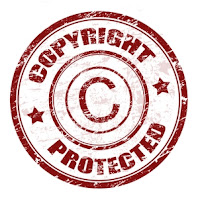- Production equipment refers to equipment which is being used on set, this includes any equipment which is needed to film. For example:
Lights
|
Light stands
|
Generator
|
Filters
|
Gels and diffusion
|
Grip stands
|
Reflectors
|
Accessories
|
Grip equipment:
- The Grip equipment department on a film set are directed by the films key grip. The grips have two main functions.
- The first is to work with the camera department closely to be able to prove camera aid, this would be just encase the camera is mounted to a dolly, crane, or in a position not usually used.
Equipment:
Crane
|
Tracking Vehicles
|
Remote Heads
|
Jimmy
|
Jib
|
Jib Arms
|
Easy Rig
|
Dollies
|
A camera package would include:
Camera
|
Lenses
|
Filters
|
Tripods
|
Whereas Camera Movement includes:
Dolly
|
Track
|
Sound Equipment includes:
|
Sound Recording Unit
|
Headphones
|
Microphones
|
|
Mic holders
|
Cables
|












